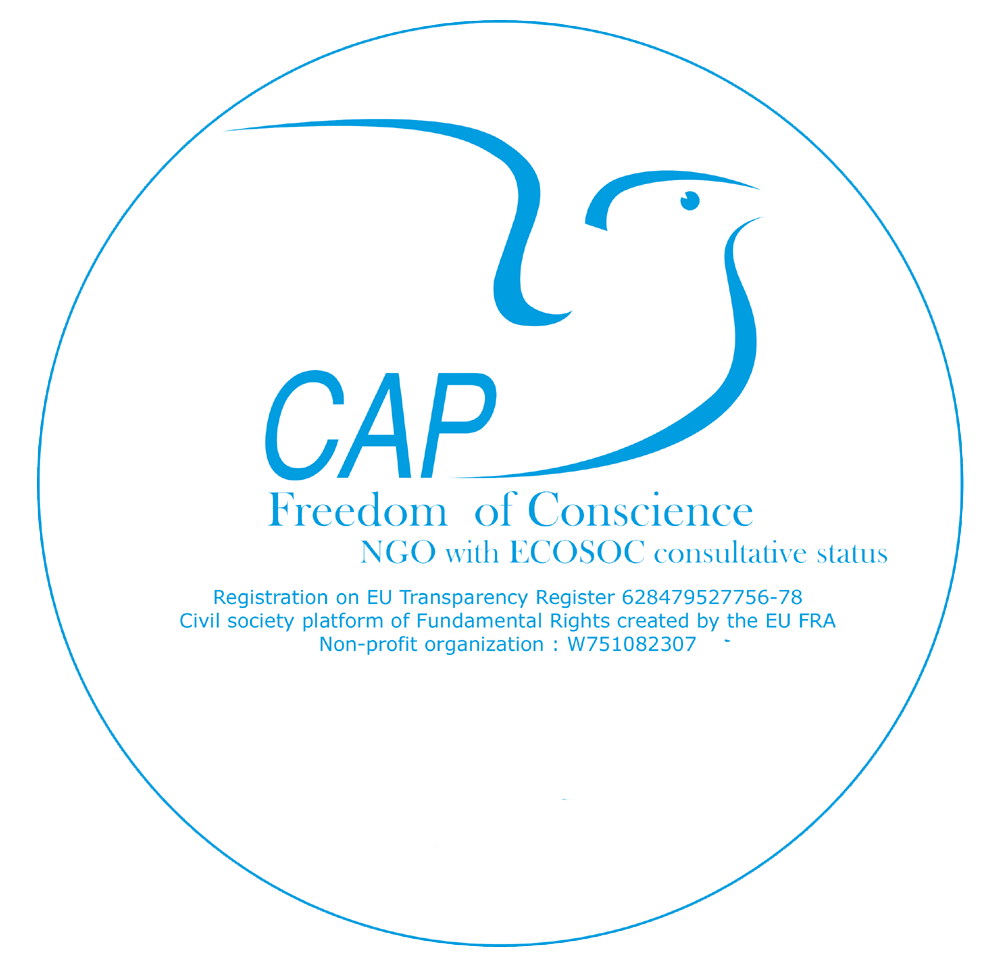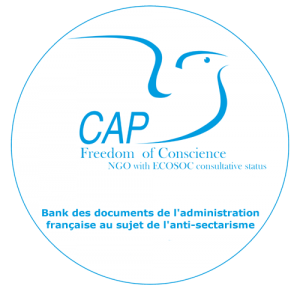In her report to the UN General Assembly, Nazila Ghanea as the Special Rapporteur focusing on freedom of religion or belief has emphasized the link between religious liberty and lasting peace in society. This document’s release coincides with a period of tensions and escalated conflicts worldwide. Statistics indicate a 40 percent surge in conflicts compared to the previous year impacting one out of every six individuals globally.
The present report examines the role of freedom of religion or belief (FoRB) in supporting peace building and preventing conflicts. It highlights that although religion is frequently linked with disputes and tension, safeguarding religious freedom appropriately can foster an environment that promotes peace.
The Special Rapporteur report recognizes the connection between religion and conflict by pointing out that religion has a relationship with peace and war. It emphasizes the importance of not conflating freedom of religion or belief with religion itself. The Special Rapporteur makes a distinction between practices and the fundamental human right to freedom of religion or belief.
One significant finding is that Freedom of Religion and Belief (FORB) establishes the environment and incentives for peace to arise naturally according to the document’s conclusions. It is noted that this freedom plays a role in averting the exploitation and misuse of beliefs for ends by safeguarding individuals’ rights to nurture their beliefs within or beyond any religious context.
The Special Rappoteur brings attention to a number of patterns observed in times; these include limitations imposed on religious communities under the guise of national security concerns. There have been instances where religious groups have encountered obstacles such as de registration and legal challenges purportedly linked to security issues. The document also discusses the development of legal structures that impact the capacity of religious bodies to engage in charitable and humanitarian endeavors.
The document highlights the issue of how religious groups are portrayed in the media and sheds light on the tendency to depict some religions as being inclined towards violence over others. This portrayal often results in labeling and bias. The document specifically references instances where Muslim communities have voiced unease about being linked to activities and terror in media reports.
The Special Rapporteur highlights three core elements of freedom of religion or belief:
- Preserving the right to freedom of belief and religion as a fundamental entitlement that cannot be altered under any circumstances
- Religious freedom is all encompassing and welcomes forms of belief beyond the conventional religious practices
- Governments have a duty to uphold and safeguard the freedoms of all individuals within their jurisdiction without discrimination against minorities.
The information provided by the report emphasizes that preserving freedom of religion or belief should go hand in hand with security protocols and should not be sacrificed in times of crises. It suggests that overly regulating activities could potentially escalate the likelihood of conflict and that embracing freedom can foster a more cohesive and peaceful society.
In real world scenarios, the exploration talks about how the freedom to practice religion can play a role in promoting peace by involving interfaith projects and respecting customs and traditions to support diversity within communities. The document also discusses the importance of states in fostering an environment that supports freedom alongside security measures in place to prevent terrorism without limiting religious activities and ensuring the protection of religious minority groups from discrimination.
The exploration offers suggestions to states:
- Ensuring that every individual within their area of authority enjoys the rights to practice their religion freely
- Individuals should have the liberty to choose and adjust their beliefs as they see fit
- Respecting individuals’ freedom to practice their beliefs within the boundaries set by legal standards
- Offering high quality education that fosters appreciation for the diversity of religions.
The report provided by the Special Rapporteur highlights the role of freedom of religion or belief in promoting peace and preventing conflict in today’s landscape.







